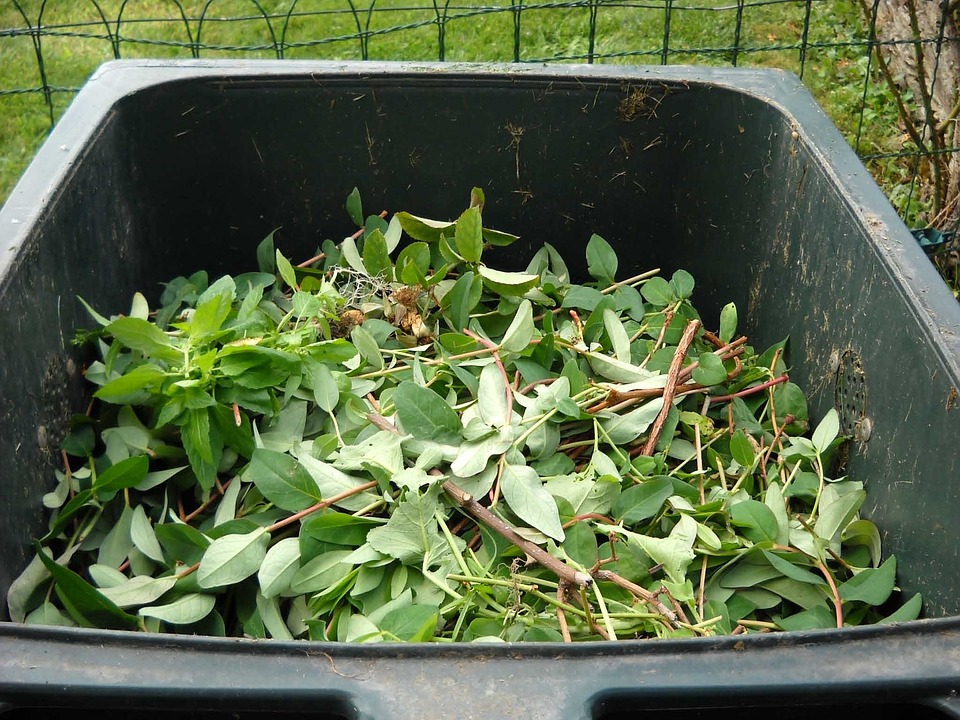Vinegar can be added to a compost pile in small quantities without causing harm to the composting process. However, it’s important to use vinegar in moderation and understand its effects on the composting environment. Here are some considerations when using vinegar in compost:
- Acidity Levels: Vinegar is acidic, and adding too much can lower the pH of your compost pile. While a slightly acidic environment can be beneficial by accelerating the decomposition of some organic matter, excessively high acidity can harm beneficial microorganisms and slow down the composting process. It’s best to use vinegar sparingly to avoid excessive acidity.
- Types of Vinegar: Different types of vinegar have varying acidity levels. For example, white distilled vinegar is typically more acidic than apple cider vinegar. When using vinegar in compost, opt for plain white vinegar, as it has a lower pH compared to other types.
- Balancing with Other Materials: To maintain a healthy compost pile, balance the addition of vinegar with a variety of compostable materials, including kitchen scraps, yard waste, and other organic matter. This helps prevent any potential negative effects of vinegar from becoming dominant.
- Application Method: Dilute vinegar with water before adding it to the compost pile. A mixture of one part vinegar to ten parts water is generally a safe ratio. This will help distribute the vinegar more evenly and reduce its impact on the pH of the compost.
- Proper Mixing: Ensure that the vinegar-water mixture is well-distributed throughout the compost pile by mixing the materials regularly. This helps prevent localized pockets of acidity.
- Monitor pH Levels: Periodically check the pH levels of your compost to ensure they remain within the ideal range for decomposition. The ideal pH for compost is slightly acidic to neutral, typically between 6.5 and 7.5.
- Composting Benefits: In small amounts, vinegar can have some positive effects in compost, such as speeding up the decomposition of certain materials and acting as an odor suppressant.
While using vinegar in your compost is generally safe in moderation, it’s crucial not to overdo it. Excessive acidity can disrupt the balance of your compost pile and hinder the activity of beneficial microorganisms. If you have concerns about the pH level of your compost, you can use other methods to adjust it, such as adding crushed eggshells to raise the pH or using wood ashes to lower it, depending on the needs of your specific compost pile.


